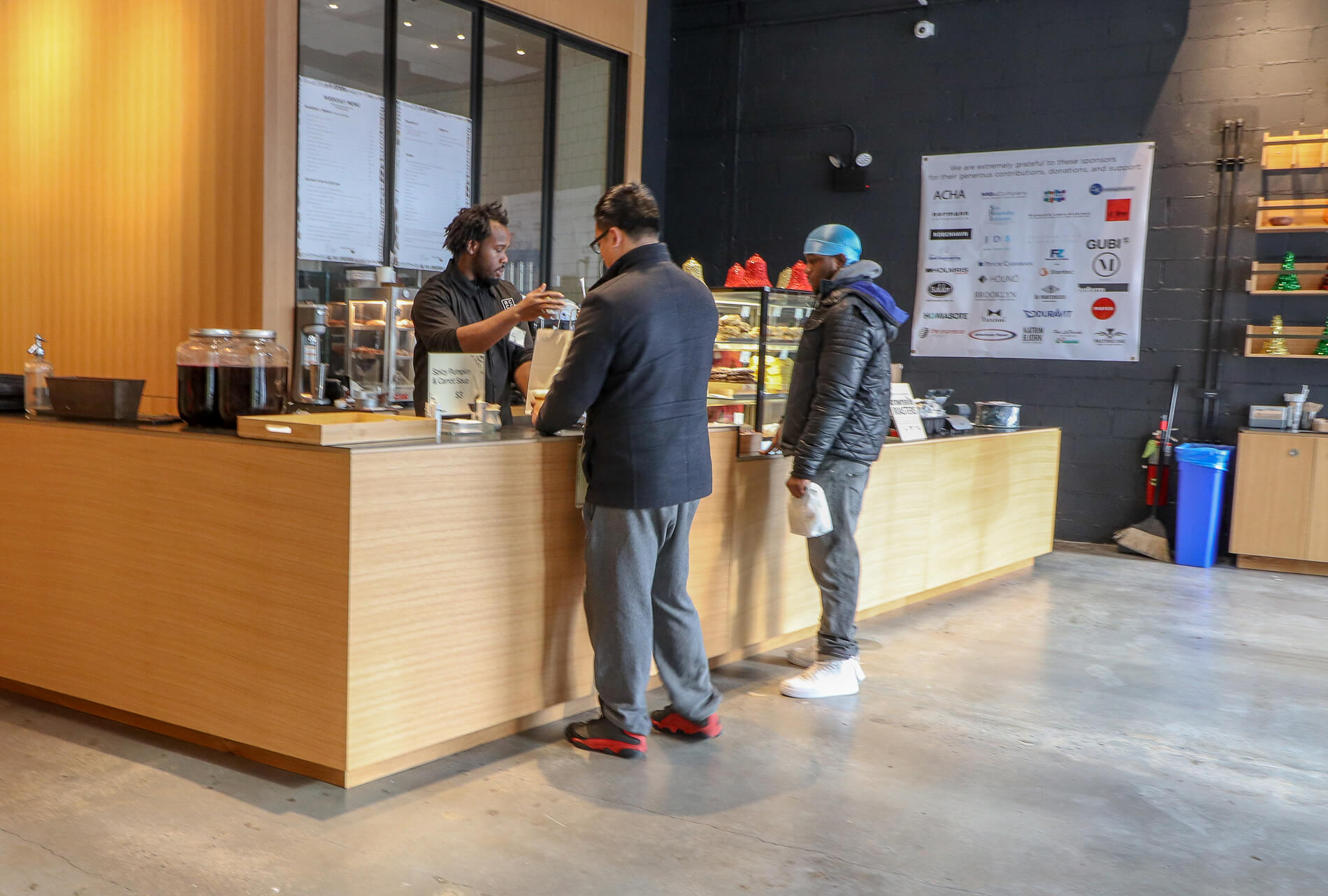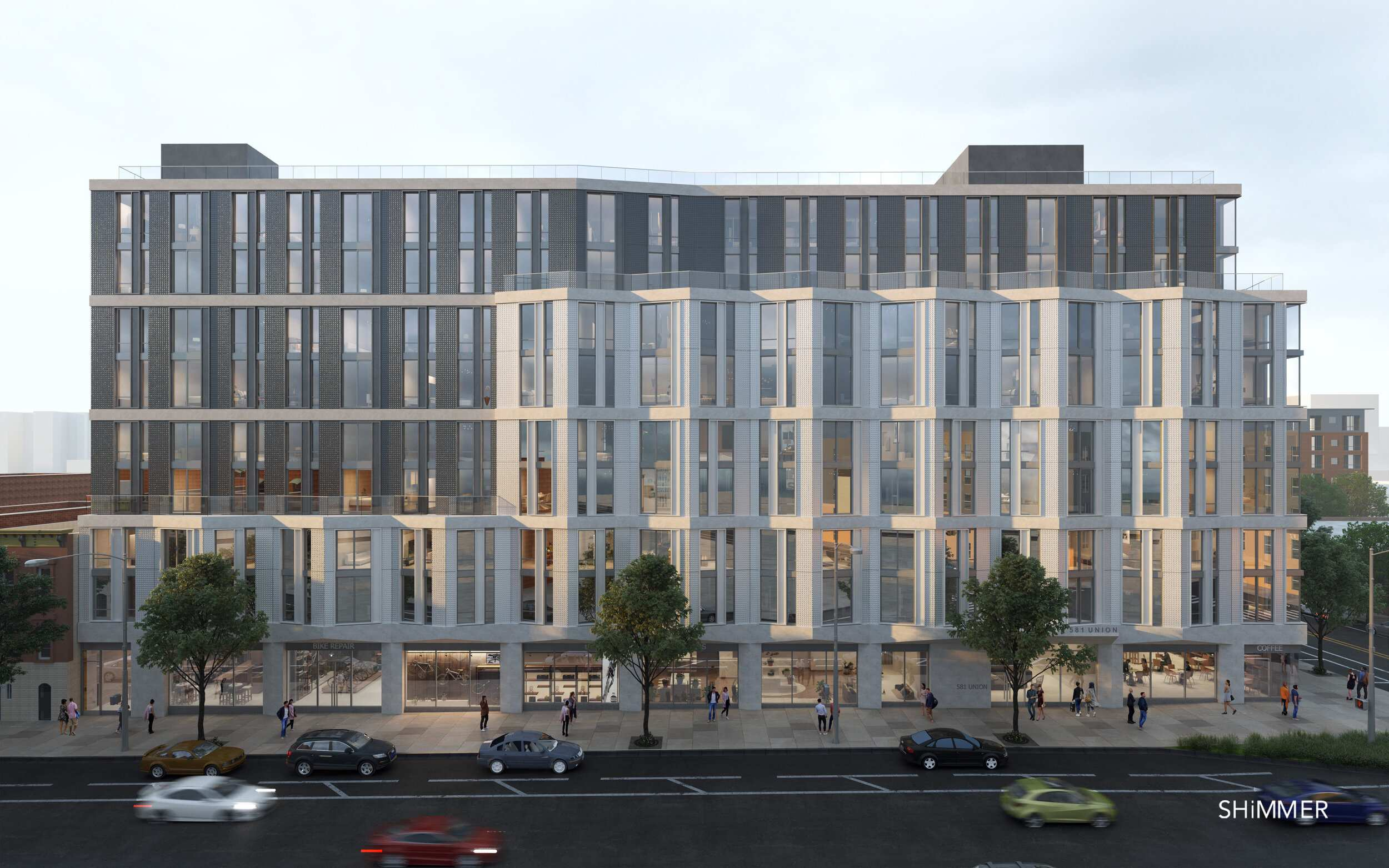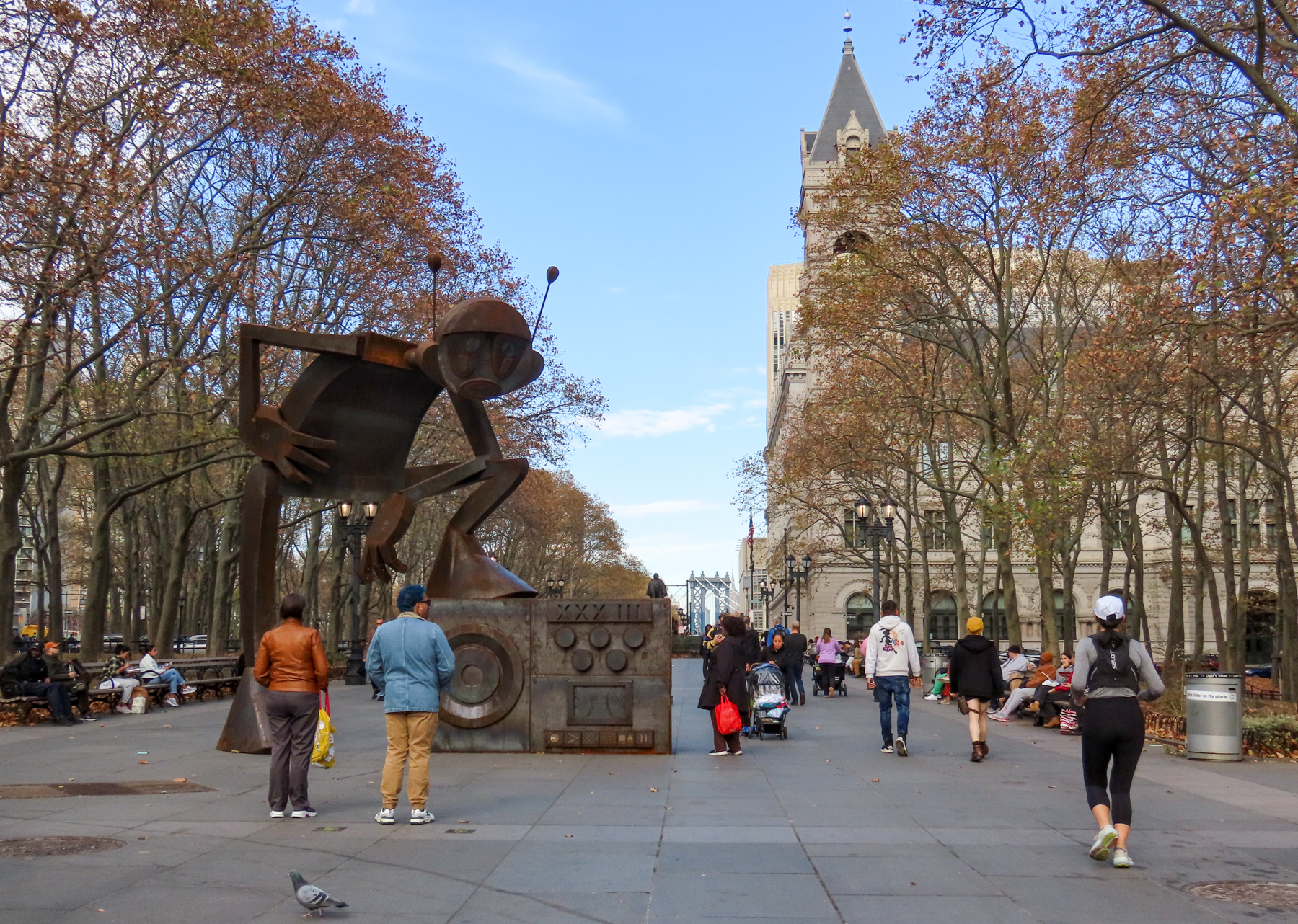Brownsville Culinary Center Focuses on Raising Funds to Keep Serving Community
Leaders from the Brownsville Community Culinary Center say the neighborhood-focused nonprofit is in need of major financial support to keep their doors open.

The Brownsville Community Culinary Center in 2017. Photo by Susan De Vries
By Jada Camille, Brooklyn Paper
Leaders from the Brownsville Community Culinary Center say the neighborhood-focused nonprofit is in need of major financial support to keep their doors open.
BCCC has served the Brooklyn neighborhood since 2016 and has been mainly funded through grants from a partnering organization, but after taking a financial blow in 2020, the center is struggling to aid in the same capacity.
BCCC offered free culinary training classes to local youth, and operated as a neighborhood cafe, offering health-conscious meals and trainings for residents through a diabetes wellness program.
Chairman Chris Kossifos said the team has been reconstructing and trying to raise funds since the onset of the Covid pandemic, during which time they pivoted to providing meals to the residents of Brownsville. Organizers are not currently running any fundraisers but they hope to bring in roughly $1.5 million this year to continue.

“After Covid we got hit and we were unable to recover for a variety of reasons,” Kossifos told Brooklyn Paper.
Without proper funding, Kossifos said certain perks like the diabetes wellness program could be cut altogether.
“That’s a program that we don’t want to see go and it’s helped so many people,” he said. “In fact, it’s helping them today. It’s helping them every single day.”
According to Alexis Aquino, executive chef at BCCC, the center at 69 Belmont Avenue once served as a lighthouse for Brownsville residents. During the pandemic, BCCC provided farm bags and food medicine to senior shut-ins. In the following years, that project expanded to serve 500 meals a week to local youth, asylum seekers, and residents who struggle to access food on their own.
At one point the cafe was looked at as one of the few sit-down and high-quality dining spots that was health conscience, Aquino said. The team has since had to cut their training program, but Aquino hopes to continue his hands-on work with the students in the training classes, which will require $1.3 million to relaunch.
“We’ve had some small wins but not sufficient enough to keep us afloat,” Aquino said. “What we want to be able to do is relaunch our culinary program. Once that happens we hope to become that hub we once were where everyone felt comfortable.”
Beyond impacting the lives of locals, Aquino and Kossifos said the organization has served as a launching point for its students’ cooking careers — and it’s had a significant impact on the economy, with graduates placed in career-track positions in Brooklyn and Manhattan, and at least three participants leaving homeless shelters after finding employment after graduating.
Editor’s note: A version of this story originally ran in Brooklyn Paper. Click here to see the original story.
Related Stories
- Brownsville Restaurant and Culinary Project Aims to Transform Lives
- Brownsville Community Culinary Center Adds Diabetes Wellness Program
- New Mural Installation ‘Brownsville Reflections’ Adorns Affordable Housing Construction Site
Email tips@brownstoner.com with further comments, questions or tips. Follow Brownstoner on Twitter and Instagram, and like us on Facebook.









What's Your Take? Leave a Comment